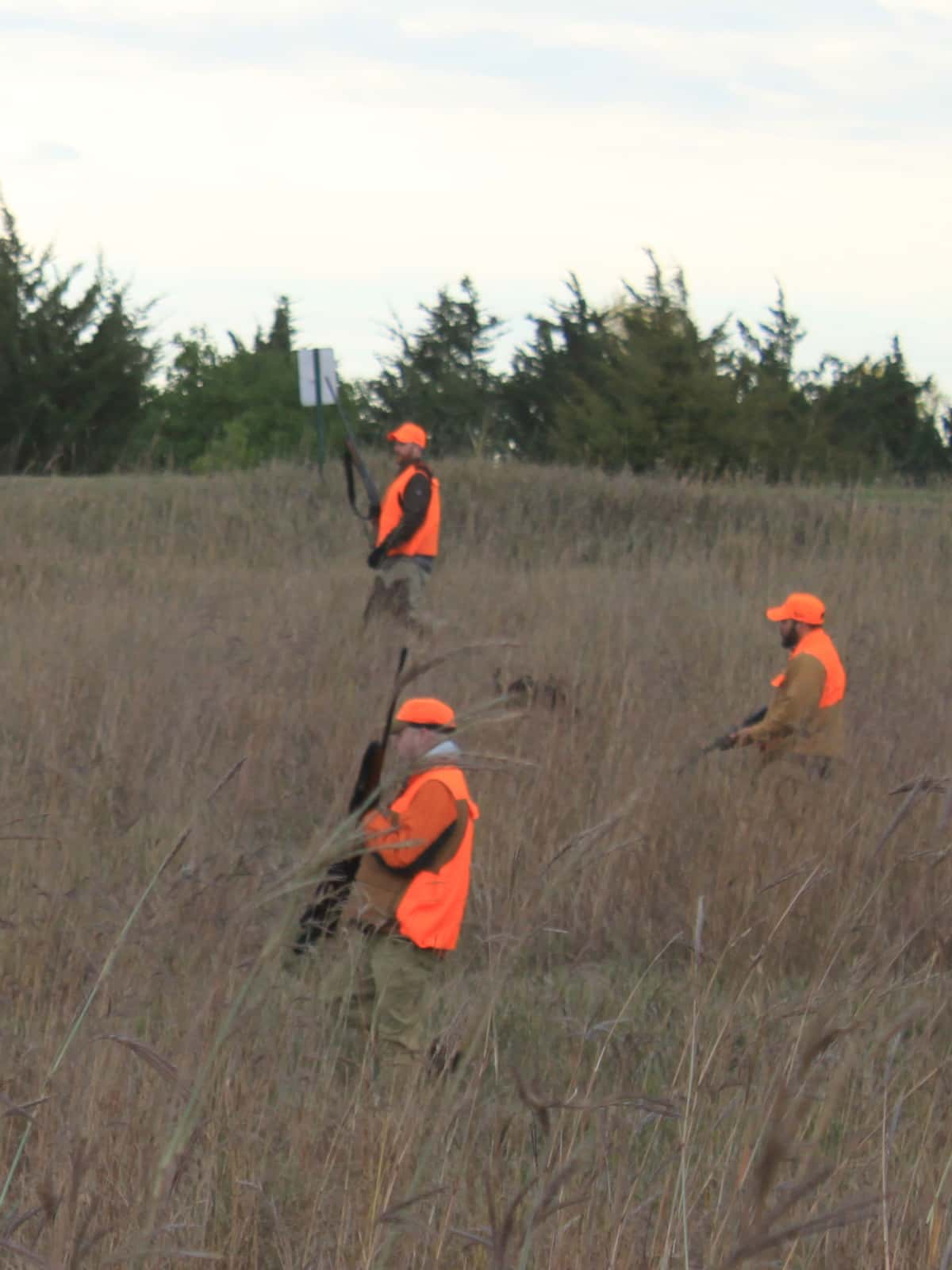
The North Dakota Natural Resources Trust is focused on restoring and preserving grasslands and wetlands and improving habitat to sustain non-game and huntable species in the state while providing increased opportunities for sportsmen. Simonson Photo.
By Nick Simonson
With a mission to preserve, enhance, restore, and manage wetlands, associated wildlife habitat, grasslands, and riparian areas in the state, the North Dakota Natural Resources Trust (NRT) is tackling those lofty goals with precision programs that help not only create and improve those wild spaces, but also assist farmers and energy producers with conservation solutions resulting in a greener landscape and stronger wildlife populations, even in the state’s most developing areas.
“What’s really unique about the trust is it’s able to take opportunities to partner with a lot of different conservation organizations, agricultural organizations and energy corporations and really do a lot of work for grassland enhancement; doing habitat work, planting new areas into grasslands and also wetland creation,” states Jesse Beckers, NRT Conservation Program Coordinator.
Across the state the NRT works with landowners, conservation groups, agricultural entities and oil and gas companies to find opportunities to create and restore grasslands and wetlands for the benefit of wildlife, water quality and the nearby populations dependent on clean soil and water.
As part of the process, the trust, with funding through the North Dakota Outdoor Heritage Fund (OHF) – a large pool of money generated by taxes on oil production in the Peace Garden State for conservation purposes – and other sources, finds cost-sharing methods to help defray the expenses for private land improvements as part of its targeted programs.
In the most recent round of funding, the NRT received from the OHF $100,000 for its private land efforts. By enhancing grassland and wetland cover on private lands, the trust helps secure soil and further filter water entering local watersheds and creates habitat which sustains populations of non-game species and huntable game as well.
“In North Dakota we’re partnered with the North Dakota Outdoor Heritage Fund that the industrial commission oversees,” Beckers relates, as the trust focuses on finding those opportunities in a time of declining habitat, “native grasslands are becoming less and less, bird populations are becoming less and less, so [the partnership] really provides an opportunity for landowners and livestock producers in particular to enhance their operations, number one, but two, provide habitat for those species that rely on grasslands and wetlands that all of us enjoy in North Dakota.”
In addition to the trust’s statewide efforts at improving habitat and restoring grassland and wetland acres, specialized programs designed to lessen the impact of oil and gas development in western North Dakota are at the forefront of its activities. With the NRT’s Bakken Development and Working Lands Program, those acres affected by oil and gas development, such as spaces immediately adjacent to oil wells or areas affected by spills or erosion, can be rehabilitated and costs for restoration can be offset through the program.
Additionally, farmers finding that their soils are becoming less and less productive for wheat or corn in the region are turning to the trust for solutions, and retirement of those acres into grassland is a viable option under the program which has a particular focus on McKenzie and Dunn Counties where the need is very significant. Having just rolled out in 2019, the immediate success is notable.
“Just in the Bakken Development Working Lands Program, so far in this first year of 2019, well over 3,000 acres of grassland habitat have been created or enhanced,” Beckers states, “[producers] are looking for opportunities to plant those acres back into grass and really the Bakken Development Program is a prime tool that those landowners can use – the men and women that are working on the landscape – to bring those grasslands back and with that you get more grassland bird nesting cover,” he explains.
Through the power of cost-sharing which makes conservation efforts affordable for farmers, ranchers and energy companies, the trust is looking to a future where cooperation across multiple entities leads to bigger and better gains for habitat in North Dakota. In turn, improved soil and water quality will benefit wildlife and people downstream as well.
For more information on the NRT, visit ndnrt.com and for details on its conservation and cost-share programs, contact Beckers at (701) 223-8501 or via email at: jesse@naturalresourcestrust.com.

